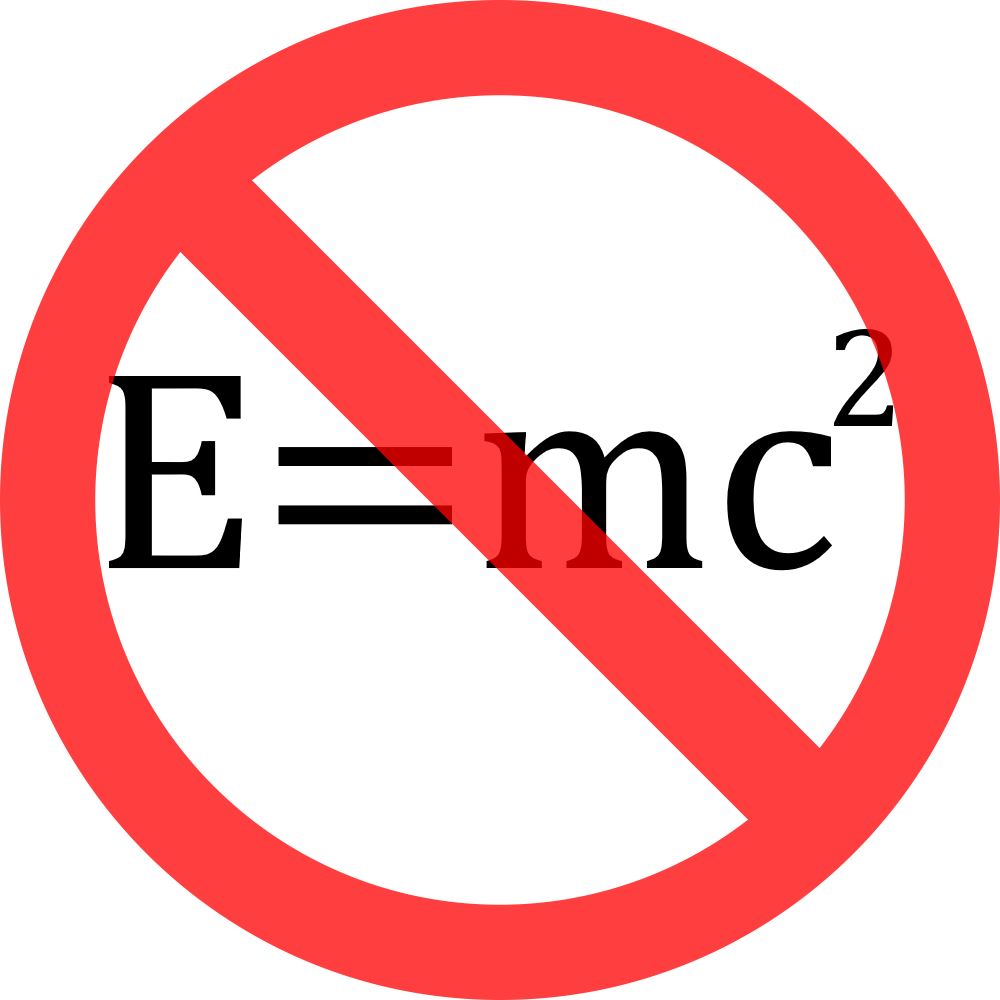
The Great Schism which, to this day, splits political views across the English-speaking world and elsewhere, first arose in England when technological and social changes, perhaps inevitable, threatened to make the king (or, to say the same, the government) over-powerful. Those who take the side of the king and government in this centuries-long struggle were called at times and places Royalists, Cavaliers, pre-modern Tories, Progressives, Socialists, or even, bizarrely as they are in today’s North America, Liberals—all of these terms map onto each other with reasonable, if imperfect, accuracy. Those who took the other side were called at times and places Anti-Royalists, Roundheads, Whigs, Liberals, or, equally bizarrely, Conservatives.This does make it particularly galling to hear the most successful leader of the Royalist side in the U.S. history denouncing the resistance as Economic Royalists
.





























